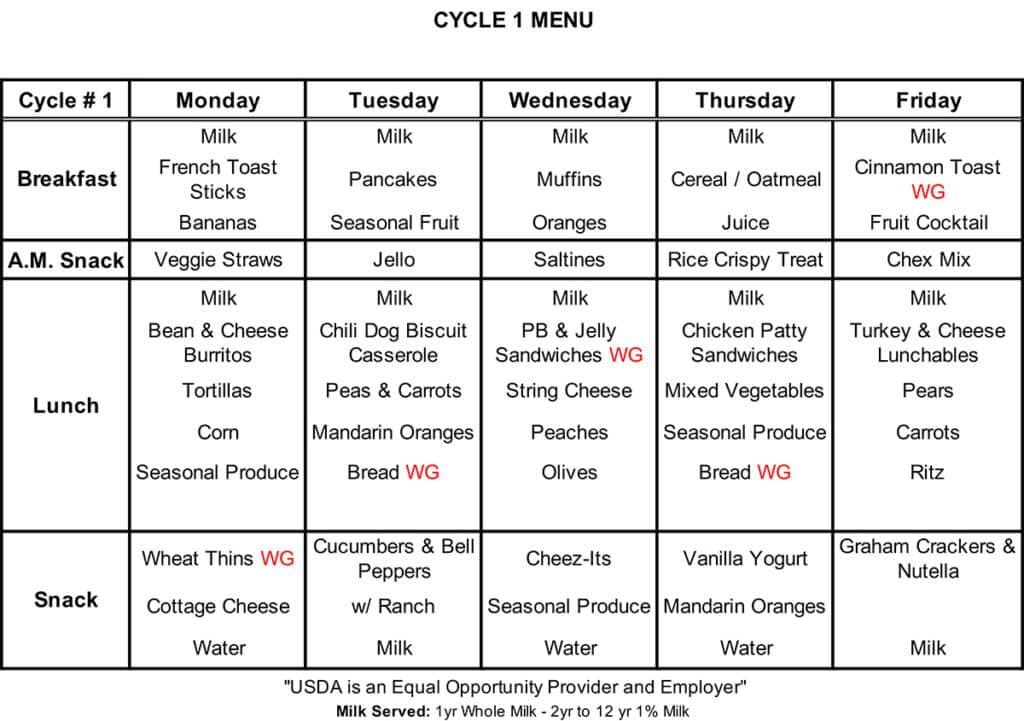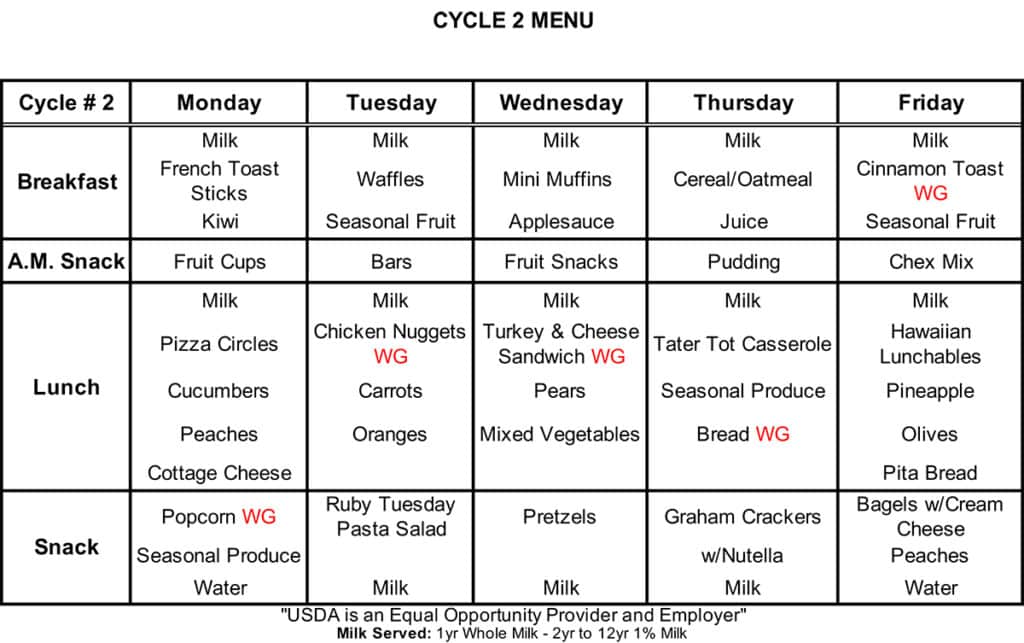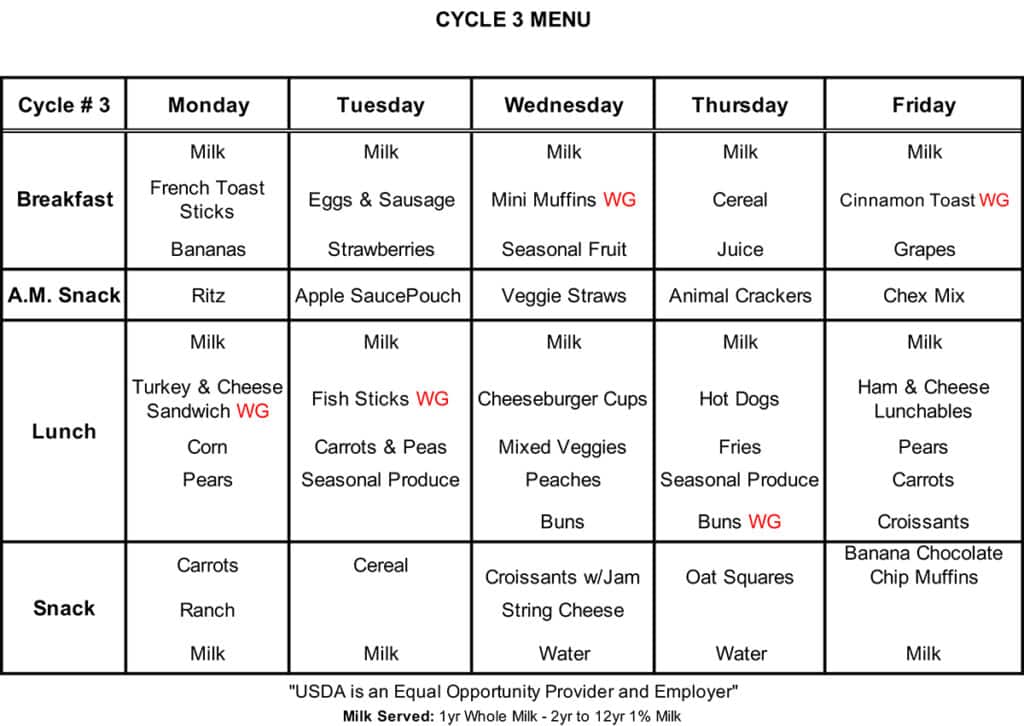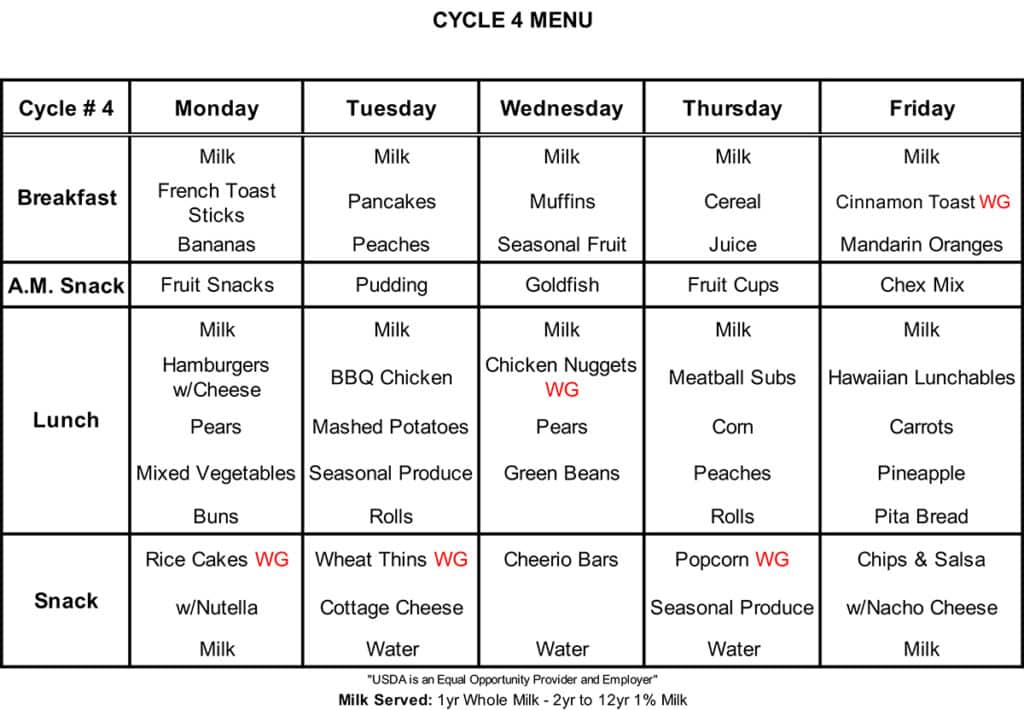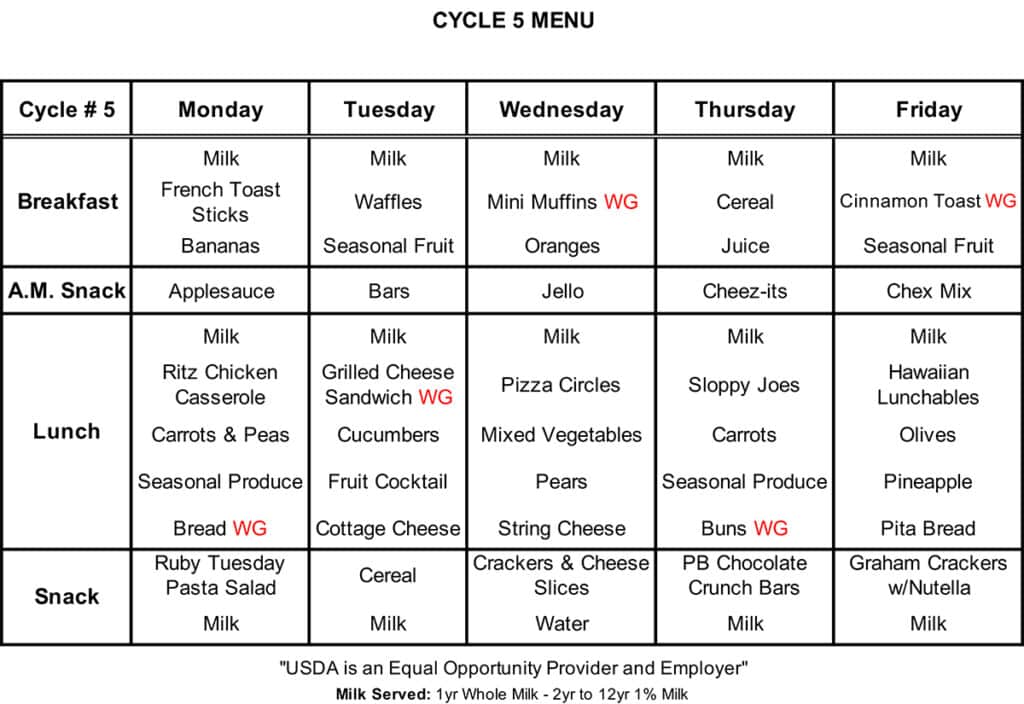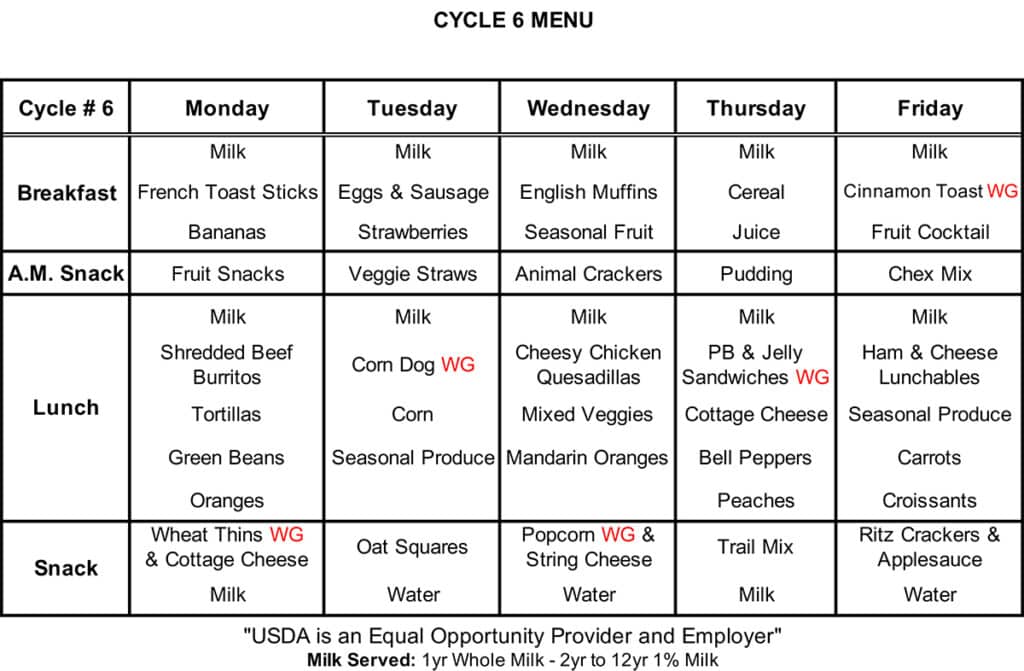- 801-845-9807
- Draper, UT
- 7:00 AM – 6:00 PM
Parents Corner
Current Families
Parent Resources
Below you can find the links to our parent handbook, our latest newsletter, helpful parenting tips, and more!
Resources for early learning
Parent Favorites
Care About Childcare
Helpful Parenting Tips
Being a parent is tremendously rewarding–but it isn’t always easy!! Below are some tips we have found helpful.
- Put specific times on your calendar each week when you will spend time with your children.
- Use car time to talk with your children
- Plan at least one meal together as a family each day
- Try relaxing your families bedtime rules once a week on the weekends. Let your children know they can stay up as late as they want, as long as they are reading in bed
- Help your child start a home library
- Want your child to be a good reader and love books? Let them see you read
- With young children try reading to them during bath time, or before bed
- Have children make a book about themselves. “A book about me” is a great way to help them discover exciting things about themselves
- Constantly look for ways to tell your children what you like about them and that you love them
- Let your children overhear you praising them to others
Relationship:
A loving, stable relationship between parents and children is the basis for the child’s healthy social development. Tell your child you love him and show your love by taking time to listen, to play, and to teach. The parent-child relationship is built on the words you say and the tone of your voice. It is strengthened by the laughter you share and the games you play together. It is forever bonded by the values and skills you pass on to your child every day.
Planning:
Planning is the secret of good parenting. Watch your expectations so that you plan for good behavior rather than dread the bad. Most children’s behavior problems occur during times of transition and adjustment. Since childhood is by its nature a continual process of transition, and adjustment to rapid development, it’s easy to see that bad behavior is a natural reaction to challenges that the child doesn’t yet have the skills to accomplish. Planning involves knowing your child, their temperament and skills, and knowing the challenges of their environment. Use direct instruction, guidance, and practice opportunities to teach the skills they will need to cope with new challenges in the journey of childhood.
Response:
Attentiveness and response are the tools for improving your child’s behavior. An understanding of behavior modification principles will help you plan your responses to improve behavior. It all comes down to actions and consequences. When a child’s action elicits positive reinforcement, it will be repeated over time. When an action elicits punishment, it will eventually be extinguished. Children learn to make the connection between an action and its consequence when the reinforcement or punishment is immediate and logically related to the action. Parents don’t always have to provide the consequence; most consequences occur naturally. Parents can help make the connection by talking to the child about what they did and why it leads to a certain consequence. But, as parents, our responses to our child’s actions are powerful consequences, either rewarding or punishing and therefore, shaping his behavior. In the context of a positive parent-child relationship, your approval or disapproval is usually enough of a response to reinforce or punish a behavior. When more intensive rewards or punishments are needed, parents should choose those that work for their family. The key is to attend to your child’s attitude, moods, and behavior; and then, respond to both good and bad behavior quickly. Learn to recognize when bad behavior is being reinforced or good behavior is being extinguished, and adjust the consequences to turn it around. This requires that we be attentive to our child and make the right response.
- Try a simple cardboard box to help make your children responsible for school belongings. Have them choose a place for the box. Every afternoon, their first task should be to place all belongings in the box. When homework is finished it goes in the box, too.
- Help children understand and take responsibility for the consequences of their choices. I chose to do my homework and the result was that I got an A on my math test.
- One way to keep children moving in the morning is after they wake up, begin to play their favorite CD. Give them until the CD plays for so long to be ready.
- Get Past the Guilt: Whether it be by choice or necessity, many moms and dads find themselves back at work while their children are still young and it is easy to feel guilty about not being there for every milestone.
- Let the Little Things Slide: Be sure of what your priorities are and don’t feel bad if something someone else thinks is essential is not even halfway up your list. Learning how to prioritize is a vital life skill. Ask yourself what really matters: is it spending quality time with your family or weeding the garden?
- Ask for Help: We often feel like admitting that we are struggling is a sign of failure but, in reality, asking for help shows strength and resolve. You might be surprised by how many people understand your plight and are willing to help in whatever way they can.
- Be Honest about what is and is not Possible: If you find you have taken on too much, step back and think about what needs to change so that you can cope. It could be as simple as asking a neighbor to pick your children up from school when she fetches hers twice a week so that you can complete the project you are working on.
- Carve out Time for Yourself: With your feet back under the table at work and your childcare arranged you might get a moment to think about yourself. However, a bit of time for yourself whether that is an evening out with your friends or 10 minutes out with a hot chocolate, can give you the boost you need to come back to the parenting frontline with energy and humor.
- Keep on Keeping on: Life as a working parent is not always going to be easy; you may feel that your plate is full to overflowing, as Gillian explains: “There are often times as a working mom or dad when you feel like throwing in the towel; a virus doing the family rounds, a string of sleepless nights or childcare disasters can make it seem like you are attempting the impossible just to get into the office.

